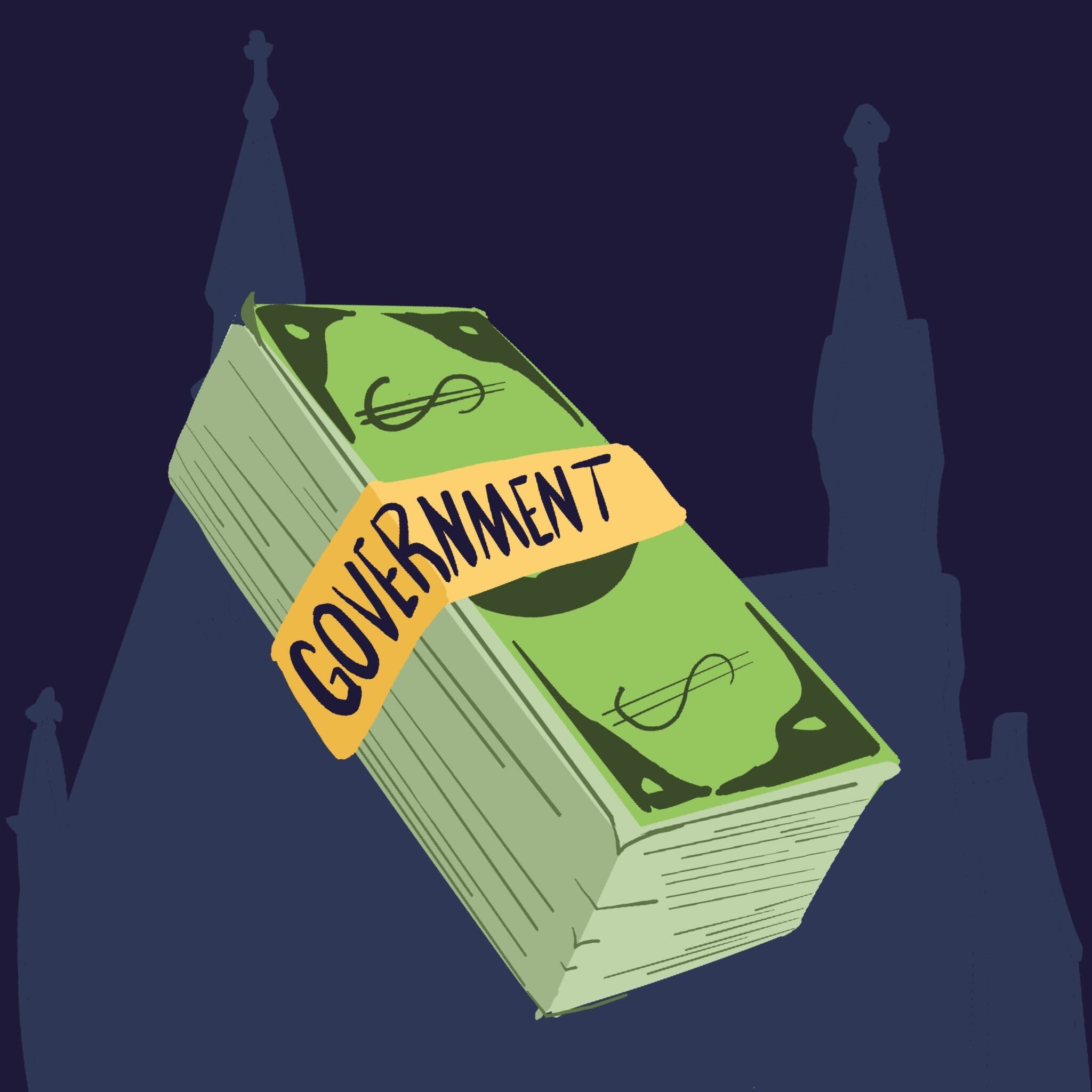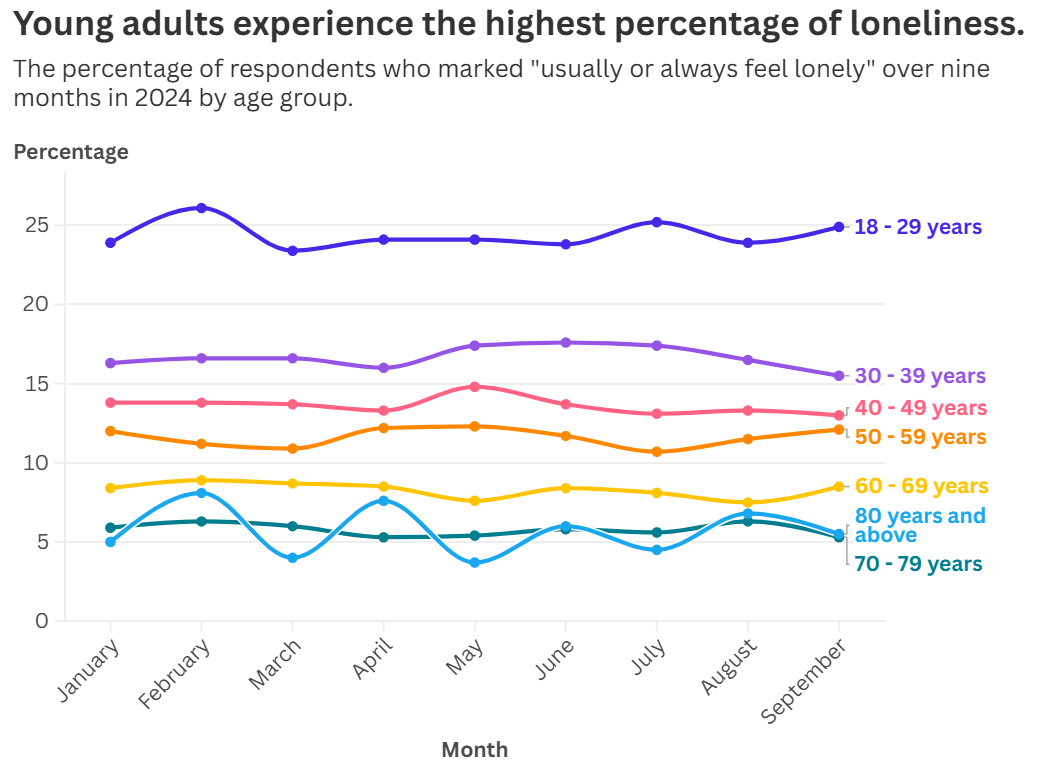
“With time, a rudimentary categorization system was developed as part of an organization-wide initiative to deal with the nightmares more effectively. The system labels nightmares A-, B-, or C-class as an estimation of their characteristics and danger level. Broadly speaking, C-class domains will take the form of an enclosed, gray-scale space. B-class domains will take the form of an open, maze-like space. A-class domains will feature the addition of monstrous, twisted lifeforms. Current knowledge does not allow rigid definition of S-class (special class) domains. To date, only two S-class nightmares have ever been recorded: Typhon, named by High Priest Pierre Monroe and Daisy, named by High Priestess Anna Bellemer.”
–Internal Archive, History of the Undertakers, Volume 2, Nightmare Classification
Beyond the grove is a comma shaped pond. We sit at the edge of the pool on thick circular slices of an oak tree. The boy lounges comfortably across from me. A single leg is propped up onto the seat and the opposite arm is laid across it. Behind me, David stares at the ground with a blank expression.
“What do you think of this place, Mrs. Anna? Isn’t it so wonderful?” asks the boy.
“It most certainly is, dear. Did you make it?” I reply with a pleasant tone. The boy beams at my invitation and stands up atop the log, throwing his arms out towards the sky.
“All of it! I tried so many different things to make it right, and now it’s just like how I imagined it – the endless blue sky, the soft grass brushing against your ankles as you run, and that light breeze that ruffles your hair. Of course, the smell! Is there anything better than the scent of fresh honey? Peanut butter and honey sandwiches – that was my favorite, you know?”
I find myself nodding along dreamily with the boy’s rambling. Something about the rising intonation of his speech, or the smile that never drops, or the way his eyes know exactly where mine are is mesmerizing. It’s the wonder and excitement of a child coming home from a happy day at school, so eager to share every feeling and bit of love inside them with their favorite person in the world. For a moment, I can see it again – the ghost of a smile I used to know. I don’t try to stop the corners of my mouth from lifting upward.
The boy doesn’t stop. He points out every detail about the number of folds in the clouds, the color palette of the wildflowers, and the old farmhouse that has nothing in it because it just seemed right, and he had never thought about what was inside. Without breathing, he goes on and on about every aspect of the world he had made. As he talks, my heart rate rises, and my chest tightens until gasping for air, I release the breath I had been holding.
“Child—”
“Please, Mrs. Anna, my name is Sam.”
“Sam, why are you doing this?” I ask, standing up to match his height. Sam’s smile fades.
“It’s all I’ve ever wanted.” Sam’s voice softens. “It’s all I’ve ever had, an indescribable longing for blue skies, for sunshine, warmth, and light. I tried really hard, you know. I tried growing up and liking all the stuff that adults like, but Mrs. Anna, is it so wrong to miss summer? Is it so wrong to want to close my eyes tight and run forever and ever and lay on the grass to listen to the pond’s ripples?”
His words crash into me like a raging flood. I slip the mask off my face. Sam bobs with the motion of my breath, and I smile sadly, knowing the words Sam wants me to say. I want so badly to give him a solution that will fix all the wrongs and make everything perfect. I want to fix the problem, but there is no problem to solve, so I resign myself to the role assigned to me by Sam – an outsider who will voice the thoughts he is too scared to acknowledge.
“But it’s not perfect, right? It never comes back perfectly, that feeling of summer. You’ll lay on the hill for hours trying to erase it all, but it always comes back. You can’t go back because you can’t forget. That’s why you keep remaking it, hoping that it’ll turn out right if you just find the one detail you’re missing.”
Jumping to the ground, Sam lays down, sinking into the grass.
“I tried being a cloud first.” He sighs dreamily. “Then a blade of grass, and a bird, too. It was nice just floating or swaying or living, but they couldn’t feel like I could. In the end, this is the closest I ever got, sitting at the edge of a pond, tossing pebbles into the water, waiting for the winds to pick up and the next storm to come blow it all away so the sun can come out again. And then I rebuild it. Again and again. That’s all I am – a victim of nostalgia.” A gentle melancholy drips from his voice. My gaze falls towards the horizon.
“Where do we go, Sam?”
“The old farmhouse. Go before the storm comes.”
I bring David to his feet, and we trudge over to the open barn door. As we cross the threshold, I feel a small tug at my robe, and I hear Sam’s shaky voice close to my ear.
“Help me, Mrs. Anna. I don’t want to hurt anymore.” There’s a rush of cold air as the doors slam shut and the last image I see before the darkness is Sam’s wide smile. With his blue eyes wrinkled shut, all I can see is a child saying goodbye, and my heart aches for another loss.
___
“Legally speaking, unraveling is defined as a valid cause of death, but among the Undertakers, the nature of the nightmares has been continually called into question and debated. Fifty years after their appearance, no definitive consensus had been reached. As a result, the moralities governing the issue have been largely left subjective and at the discretion of individual priests. Historically, one sentiment was observed to be most dominant among the Undertakers – that Nightmares were something akin to a dead body or a mess made in the operation room by the process of death – a problem to solve, so to speak.”
–Internal Archives, History of the Undertakers, Volume 2, Questions of Morality
“Raise your head, David. This is no time to despair.” The silence hangs in the air as we walk through the darkness, toward the point of light in the distance.
“I don’t know how you do it, master. How did you understand it?”
“‘He’, David, not ‘it’. You are too closed-minded, dear.” I reach for his hand and place it above his chest. “Open your heart and listen. Hear their voice. It is there in everything.”
Slowly, the light grows into a white door. A cream-colored post-it note is stuck crookedly above the doorknob. It reads: Visitors Welcome – The Museum of Echoes.
Cautiously, I turn the doorknob and push through the door.
I wrinkle my eyes at the sudden flood of light and raise a hand to shield my eyes. A soft piano melody swims through the air, resonating across the white marble floor.
“Welcome, Madame Anna, Mr. David. Would you spare a moment to look around my gallery? The exhibits are a bit strange, but I find a twisted kind of beauty in them.”
The voice is tired and gentle, and it comes from an older man dressed in a well-fitted black suit clasping his hands around each other behind his back as if to support the weight of his hunching back. Under the glare of the fluorescent light overhead, the white streaks in his billowing gray hair imbues him with a ghostly afterimage.
A curious thought enters my head – that this might be what awaits after death. Perhaps the only God waiting will be ourselves, and we’ll spend eternity looking after a world of our own creation, adrift through all the moments we experienced. It strikes me that if this was the case, then every little pain might mean something, and death might be full of wonder and beauty.
David takes a small step forward.
“You’re Sam, aren’t you? But you’re 23 – how can you look like this?” he asks nervously. The old man grins, revealing a mouth of missing teeth.
“I’ve come to learn that the mind is a strange thing. And this world, it is within the domain of the mind, is it not? There is more than one way to look at age, and this room, this museum – it makes me so tired. Sad, once upon a time, but now, just tired. I think that’s why I take on this form. Will you follow me? I want to show you one of my favorites.” He raises one arm to gesture towards a glass case between the first set of pillars.
I see it first on Sam’s face as we approach – a pale amber glow trickles through the air, sinking into his wrinkles. His dark eyes blaze into a warm orange, and through the shimmering veil of light, a young man blinks in and out of being. Rounding the pillar, I study the object of Sam’s attention – a hazy digital photograph of a setting sun over a railroad crossing fills the length of the glass display case. I look around for some kind of label or description of the exhibit, but the single photograph emanating the amber glow is all there is.
“It’s sad but in a gentle way,” David remarks, interrupting my thoughts. I move closer to the glass case and let my vision fall into the frame of the photo. There’s a pulling sensation, and a pulse through my body. I close my eyes, and I’m there, standing in front of the crisscrossing shadow of the falling railroad barriers stretching across the pock-marked asphalt. Crumpled leaves float through the air on a somber autumn breeze carrying a subtle woody scent. Blurry through the amber light permeating the air, a small shadow fades into the horizon, and with its passing, I become aware of a tightness in my throat and the soft airy sound of a sighing breath. The song on the piano ends with three lonely notes, the last trembling as it fades away. The emotion is subtle, but it flows out from every detail of the moment, leaving me with a dull, melancholic aching. I blink, snapping back into the white museum.
“This exhibit is called ‘The Setting Sun After a Farewell.’ It has a strange kind of beauty that makes it hard to forget,” says Sam, still smiling. The color has drained out of his face, and all that remains of the glorious amber is a single glowing teardrop hanging off his chin. I look at David behind me. He is still, breathing heavily against the invisible force of the photograph. I leave him to his thoughts.
My gaze travels down the endless hall of columns and display cases.
“They’re all yours?” I ask, stepping out into the middle of the museum.
“Yes. Every single one – sunny mornings in April, rainy afternoons in cafés, and dark nights in the company of the lonely moon. All of them are here, and I can’t stop drifting through them.” He pauses, closing his eyes. “I can’t help but think that they’re more beautiful than anything in the world.” I ponder the image before me – this old man wordlessly grieving for lost things.
“I’m afraid that’s the very nature of love, dear. To create meaning in meaningless things. I think to love is to hang onto the details of memory, and replay them, and appreciate them over and over until they become a God of sorts.” Sam is silent for a moment and softly chuckles.
“What a terrible curse to be given,” says Sam, waving his hand. At his command, an orchestra of sound blooms around us. I close my eyes and pick them out from the symphony – the sharp ripping of paper, the crashing of a guitar, the soft thud of teardrops hitting fabric, the start of a sentence never voiced. I commit these crystallized artifacts of longing and unfixable regrets to memory because they are Sam’s most precious belongings. I know because I have them too – crushing, aching feelings that are conversely too precious to forget. I think about a certain transient dream I had – about the way it rips me apart and the way I love that it does.
“They truly are beautiful. Thank you for holding on to them. I wish I could have known them sooner, in another life.” Sam nods. When he opens his eyes, they are filled with kindness.
“Go now. You have seen everything necessary to understand, Sam.”
Sam snaps his fingers and dissipates into mist with the grand hall. Taking one last look at the setting sun, I marvel again at the depth of sorrow that the human soul can hold.



